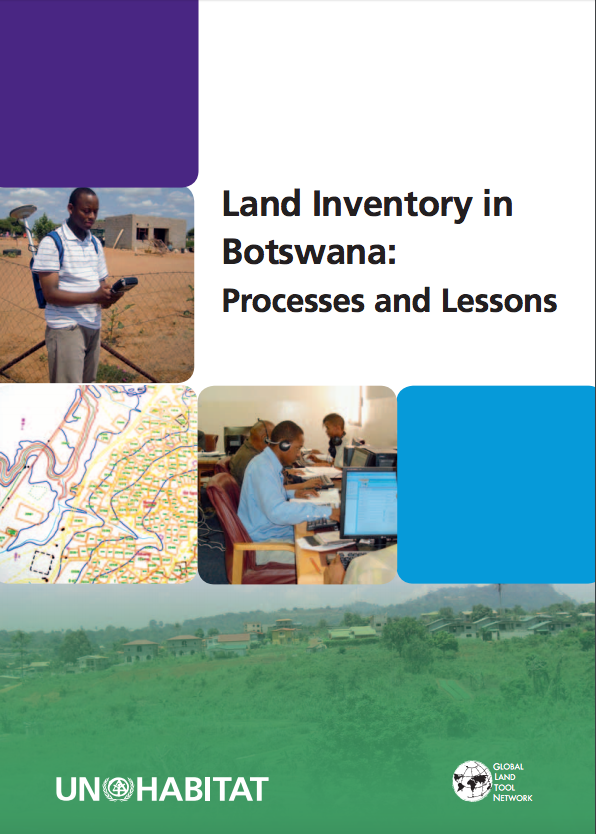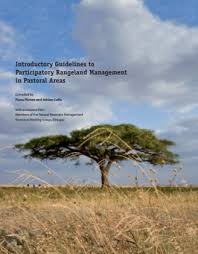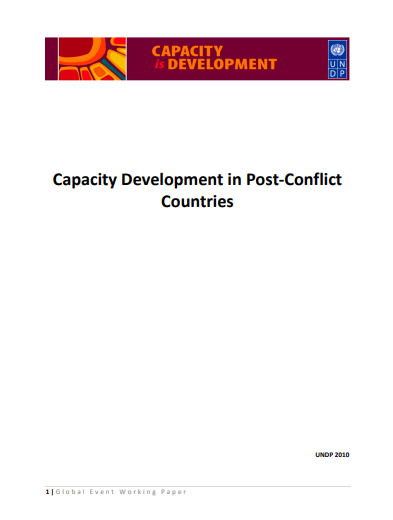PAPUA NEW GUINEA DEVELOPMENT STRATEGIC PLAN 2010-2030
Guided by the directives and goals of the National Constitution, the Papua New Guinea Development Strategic Plan (PNGDSP) elaborates how PNG can become a prosperous, middle income country by 2030. The directives and goals of the Constitution form the broad objectives of Papua New Guinea‟s Development Strategic Plan in the following ways.







